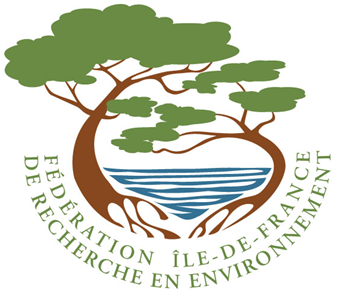Research:
Activities in the ESE lab cover a wide range of fundamental and applied research in ecology and evolution including systematics and evolution of plants and micro-organisms, population genetics and dynamics, community ecology, conservation ecology, ecotoxicology, plant ecophysiology and biogeochemical cycling. In all cases, our research relies on a combination of in situ observations, experimentation, and mathematical modelling as a tool for understanding, synthesis and prediction. One of the main aims of the research conducted at ESE is to study biodiversity, dynamics, evolution and functioning of ecosystems. This includes in particular the reaction of ecosystems and their associated species to environmental change, whether this is of anthropogenic origin or not. The ESE participates actively in several local federative structures including the GIS "Climate, Environment and Society", the IFR 87 "The Plant and its Environment" and FR IDEEV "Institute for Diversity, Ecology and Evolution".
Platforms:
ESE maintains an intensive and highly instrumented forest research site near Fontainebleau that includes an "eddy flux" tower for measuring CO2 and water vapor exchange between the forest and the atmosphere. This platform is part of a major European infrastructure project "ICOS" (Integrated Carbon Observation System).
Innovation and Knowledge Transfer:
Research on plant fluorescence and optoelectronics at ESE was the basis for launching a start-up, FORCE-A, which has grown to 25 employees since 2005. The company is dedicated to the design, production and marketing of proximal optical sensors and associated services for precision agriculture and plant research. Collaboration on the development of optical sensors has resulted in the filling of 4 international patents with joint ownership between FORCE-A, CNRS and Université Paris-Sud. ESE researchers also work on collaborative research projects with private corporations including Suez Environment, Veolia and Vinci related to environmental engineering in urban systems. ESE staff members also belong to the scientific committees of several institutions including the National Forestry Office (ONF), National Agency for Health Security (Anses), the Environmental Council of EDF, High Council on Biotechnology, Scientific Council of ONEMA & the Scientific Councils of the Fountainbleau Forest and Camargue-Rhone delta UNESCO-MAB biosphere reserves. ESE is also member of the scientific committee of the Parc naturel régional de la Haute Vallée de Chevreuse.

